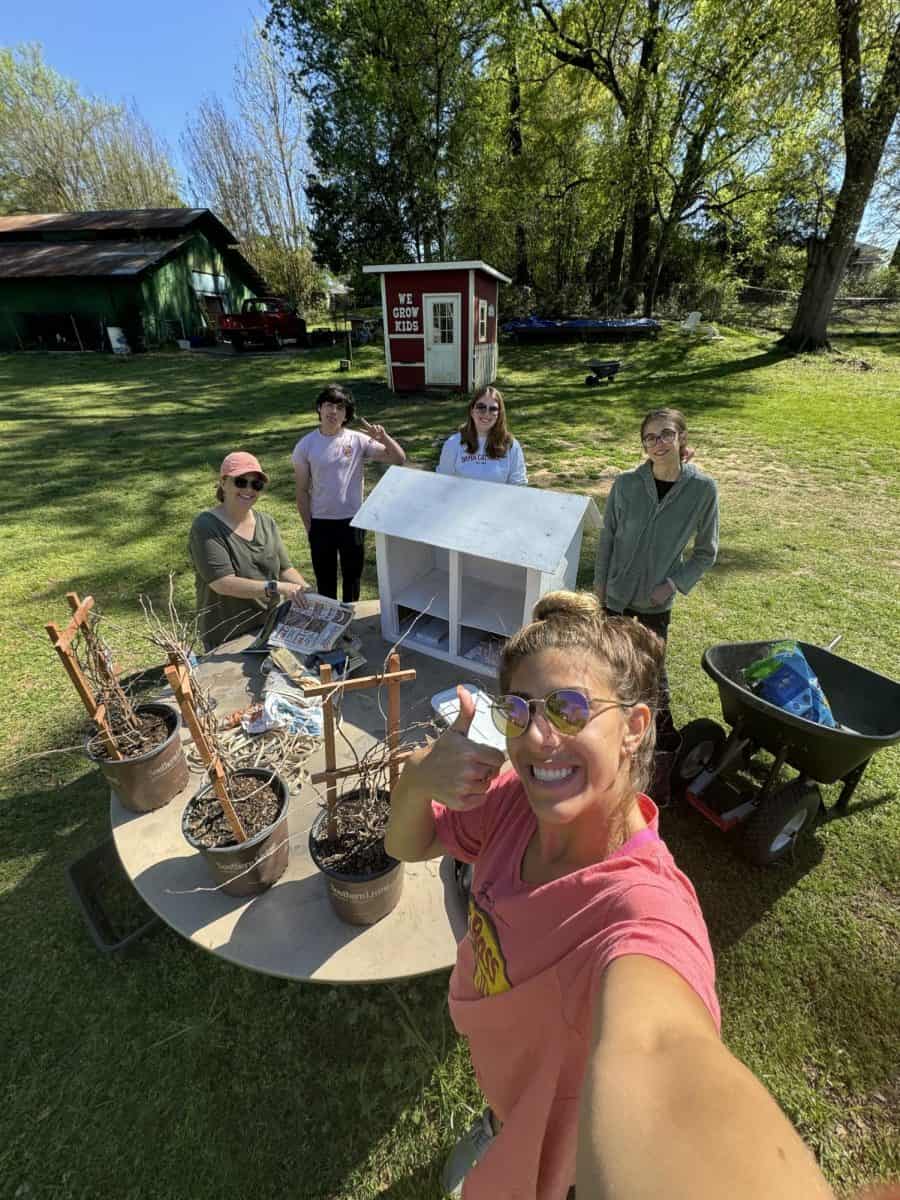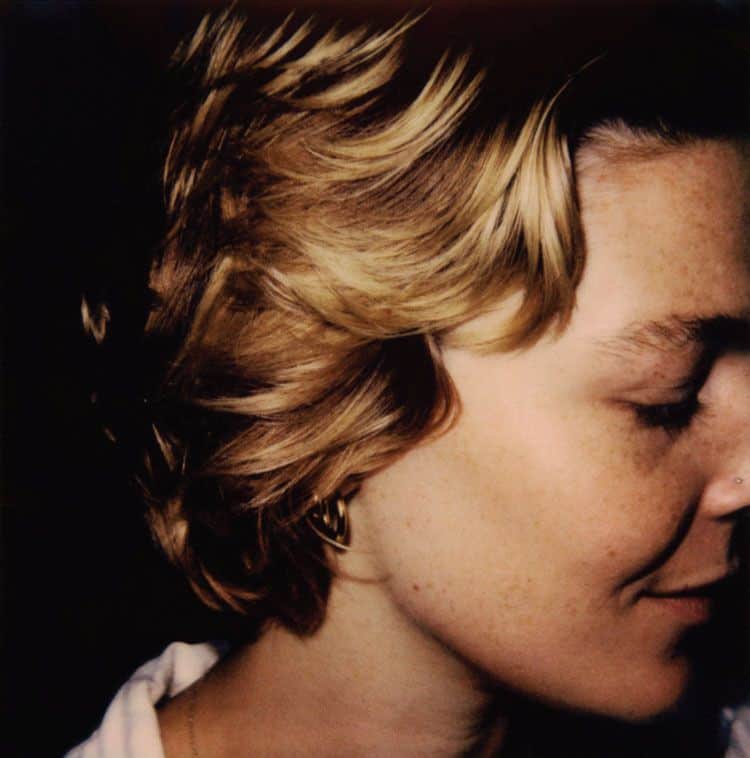The average University of Alabama T-shirt at the Supply Store costs about $20. For most people, this is the only cost associated with the shirt, but for the students involved in the University’s United Students Against Sweatshops, the price for the crimson script “A” printed on a standard cotton blend is much higher.
“You might feel removed from the working movement when you go to the SUPeStore and buy a UA T-shirt, but you don’t know if the person who made that T-shirt was sexually harassed by their manager while making that T-shirt or wasn’t allowed to take a bathroom break while making your T-shirt,” AJ James, a sophomore majoring in microbiology and Spanish, said.
James said coming from a working-class family that has experienced injustices similar to those who USAS works against influenced him to join the group. As a national, student-led organization, USAS focuses on building solidarity within a workers rights movement at more than 150 different campuses across the country.
“The aim is to get students involved in issues that will eventually affect us down the line when we do start working, ” James said.
(See also “Campus organization advocates for fair labor.”)
As part of USAS’s efforts to raise awareness for fair labor, The University of Alabama will be hosting a visit from Bangladeshi labor organizer Kalpona Akter and Bangladeshi garment worker Reba Sikder, who survived the world’s largest industrial factory collapse at Rana Plaza last April. The two will be speaking Monday in Lloyd Hall Room 38 at 6:15 p.m. about their experiences organizing in Bangladesh for better working conditions, as well as how students can get involved with the campaign here in the U.S.
The goals of USAS are to promote employers to provide employees with a living wage rather than a minimum wage, fight for safer working conditions in factories internationally as well as fight for basic workers’ rights here in the U.S.
Mark Ortiz, a junior majoring in religious studies and New College, started the USAS group at the University last year with a campaign to get Alta Gracia products, the only living wage brand on the college logo market, carried in the SUPeStore. He said it is important for the University to host speakers like Akter and Sikder because it forces students to think about issues outside their own immediate realms.
“At times UA can seem disconnected from the broader world,” he said. “Bringing speakers like this to campus gives students an opportunity to hear about issues that they have some direct, albeit distant, relationship to and, more importantly, can plug them into a movement that is working to change the elements of a global economic system that produces these working conditions.”
Ortiz said USAS is currently working to make the University a sweat-free campus. To be a sweat-free campus, Ortiz said the University has to be aware of where all the clothing it sells is made and also have the ability to take action if the companies it sources from are found to be mistreating workers.
He said the easiest way to get closer to becoming a sweat-free campus is to affiliate with the Worker Rights Consortium (WRC), an independent labor watchdog organization that works with more than 180 colleges and universities across the nation to monitor working conditions in garment industry factories. USAS has previously reached out to administration, including conducting a letter drop to President Judy Bonner, but has not made any progress in its endeavors.
(See also “Students for Fair Labor wants to provide alternative to UA Nike products in Supply Store.”)
In order to help increase awareness for workers’ rights worldwide, USAS will host a candle-light vigil led by Akter and Sikder in remembrance of the people who passed away in the factory collapse at Rana Plaza.
Ciara Malaugh, a freshman majoring in political science, said the issues brought up through the workers rights movement requires students to change their habits, which makes it harder to garner a wide range of support for the cause.
“I think it’s hard for people to connect to that, especially when it might involve some sort of change to your daily life,” she said. “It’s hard to be sweat-shop free even in your clothing.”
For the members of USAS, the upcoming visit from a Bangladeshi labor organizer and garment worker offers the University a chance to properly address the issue of workers’ rights on an international level.
“When it comes to issues, especially internationally in working conditions, it’s more of an out-of-mind, out-of-sight kind of feel, where as long as I don’t see workers being mistreated in making the clothes I wear, then it’s okay to sweep the issue under the rug,” James said. “Affiliating with the WRC will force the administration to become more aware of potential violations of basic rights that are committed in the name of a crimson T-shirt.”
(See also “Group petitions UA to affiliate with WRC.”)






